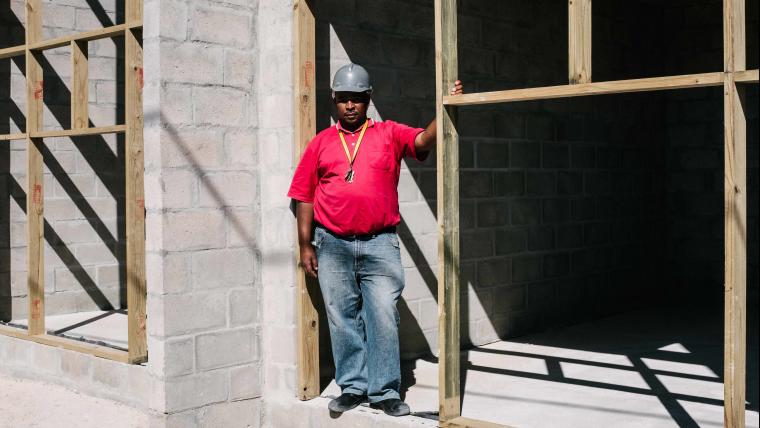
Why earthworms are at the forefront of sustainability in South Africa
‘Day Zero' was fast approaching. In 2017, the city of Cape Town was counting down to when taps would run dry during a critical water shortage. While that day didn’t arrive, it inspired Johannesburg local Himkaar Singh to take action. The engineer uncovered that urbanisation contributes to the country’s water scarcity as it interferes with the soil’s ability to absorb water. Using one problem to solve another, Singh realised that food waste can restore the soil’s quality. In 2019, he founded The Compost Kitchen, a model of recycling using vermicomposting to improve the soil and produce healthy crops in return.
In a country with an ongoing hunger crisis, a profuse amount of food is wasted. Singh is converting what would ordinarily end up in landfills and emit greenhouse gases into compost that can be used to grow produce. At a monthly fee, The Compost Kitchen collects excess food from households to feed to earthworms. The tiny decomposers transform the waste into vermicompost which is later returned to customers. People are then able to use the compost to grow fruit and vegetables all over again. “That way we are completing the cycle of food waste in one model,” Singh says.
Returning soil to urban areas, Singh is restoring an integral part of the water cycle. His unique approach is transforming environmentalism in the city, and was recognised by the United Nations as one of the top practices on sustainability around the globe. “This idea has contributed to creating a community of people who are environmentally conscious,” Singh says. “We’re doing work that the world is urgently needing.”






























Please sign in to leave a comment